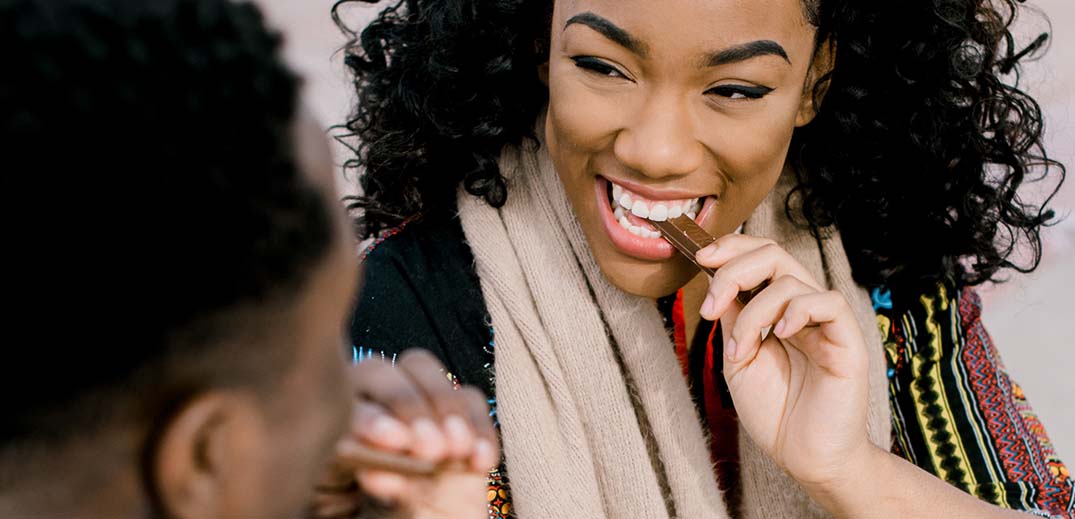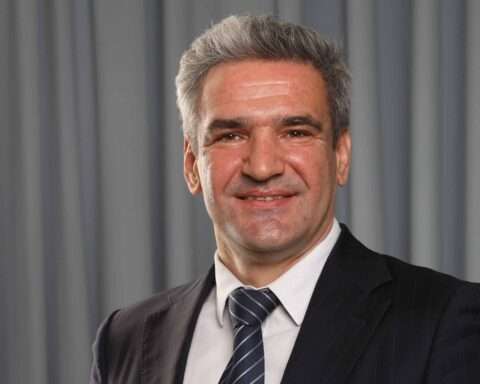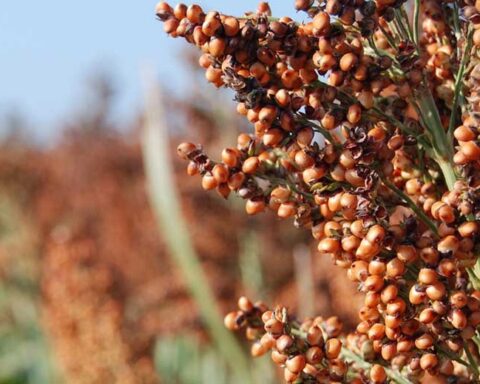The prototype KitKat wrapper, which aims at closing the loop on recycling soft plastics, has been created by a coalition of companies in Australia with a shared vision. Between them, Nestlé, CurbCycle, iQ Renew, Licella, Viva Energy Australia, LyondellBasell, REDcycle, Taghleef Industries and Amcor brought their individual expertise together to collect and process waste soft plastic, turn it back into oil, and create a food-grade prototype wrapper.
By co-developing a recycled plastic packaging, KitKat in Australia is one of the first movers in this area. This innovation is driven by Nestlé’s pledge to reduce its use of virgin plastics by one-third by 2025.
Sandra Martinez, CEO of Nestlé Australia, said the project had been driven by a shared determination to resolve the soft plastics challenge – and an enormous amount of good will.
“Between us, we have shown that there’s a pathway to solve the soft plastics problem. To build this at scale, across all states and territories, across hundreds of councils, is going to take a huge effort from government at all levels, from industry and from consumers, but I think it can be done.
“Manufacturers like Nestlé will have a key role in driving demand for food-grade recycled soft plastic packaging, and creating market conditions that will ensure all stakeholders throughout the value chain view soft plastics as a resource and not waste,” said Sandra Martinez.
Food-grade recycled soft plastic packaging is a key missing link in Australia’s bid to improve waste management and build a circular economy, with a lack of both collection and processing infrastructure making it difficult to keep waste out of landfill and impossible to meet demands for packaging with recycled content.
This is a follow-up to the soft plastics collection trial announced last year in Australia and is in line with Nestlé’s vision to shape a waste-free future.






